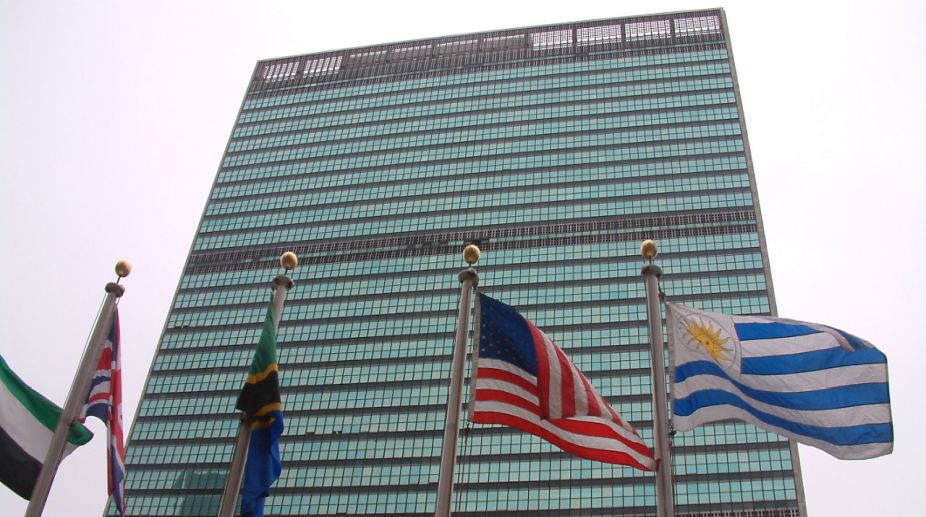India has been ranked the top exporter of information and communication technology services in a new UN report which highlighted the rise of the country as an emerging innovation center in Asia.
The World Intellectual Property Organisation (WIPO) in its 10th edition of the 'Global Innovation Index (GII)' ranked India 60th on its list of 130 most innovative countries in the world.
Advertisement
The report, co-authored by WIPO, Cornell University and INSEAD, added that India maintains its top place in Central and Southern Asia, moving up six spots from 66th last year to 60th this year overall.
It further said that a group of nations including India, Kenya, and Viet Nam are outperforming their development-level peers.
According to the UN agency, rich countries continue to dominate global innovation in terms of most new products and services, with Switzerland at the top for the seventh year running and high-income economies taking 24 of the top 25 spots China is the exception at 22, moving up three places in the last 12 months.
India performed well on a number of parameters, coming on the top spot in ICT services exports, 10th in category of graduates in science and engineering, 27th on e-participation, 14th on the presence of global research and development companies, 33rd on government s online service, 32nd in general infrastructure, 18th on creative goods exports, 30th on knowledge impact and 29th on intellectual property payments.
India is 2nd in innovation quality for the second consecutive year.
However in some categories it has ranked comparatively low, including 106th on political stability and safety, 121st on business environment, 114th on education, 104th on pupil- teacher ratio at the secondary level, 109th on use of ICT, 108th on environmental performance, 114th on ease of starting a business and 118th on ease of paying taxes.
The report said India outperformed on innovation relative to its GDP per capita for seven years in a row. India has shown improvement in most areas, including in infrastructure, business sophistication, knowledge and technology and creative outputs.
Public policy plays a pivotal role in creating an enabling environment conducive to innovation. In the last two years, we have seen important activities around the GII in India like the formation of India s high-level Task Force on Innovation and consultative exercises on both innovation policy and better innovation metrics, said Chandrajit Banerjee, Director General, Confederation of Indian Industry, which is among the 2017 GII knowledge partners.
The report stated that as demonstrated in the GII for some years, India has "consistently outperformed on innovation relative to its GDP per capita. Recently it made important strides in innovation input and output performance.
"India is now in the top half of the GII rankings. The continual improvement of India in terms of investment, tertiary education, the quality of its publications and universities, its ICT services exports, and its innovation clusters deserves mention," it said.
The report said it hopes India will continue on this trajectory, with innovation investments leading to more dynamic R&D-intensive firms that are active in patenting, high-technology production, and exports.
"If India then increasingly connects its innovation system to the innovative countries in the East as well as to standing innovation powerhouses in the West, it will make a true difference in Asia s regional role in innovation, and to global innovation more generally," the report added.
Each year, the GII surveys some 130 economies using dozens of metrics, from patent filings to education spending providing decision makers a high-level look at the innovative activity that increasingly drives economic and social growth.
For the last ten years, it has observed an innovative capacity gap between developed and developing nations and lacklustre growth rates for research and development activities at both the government and corporate levels.











